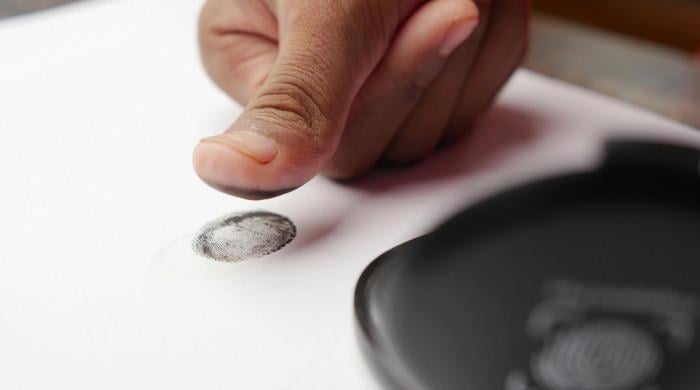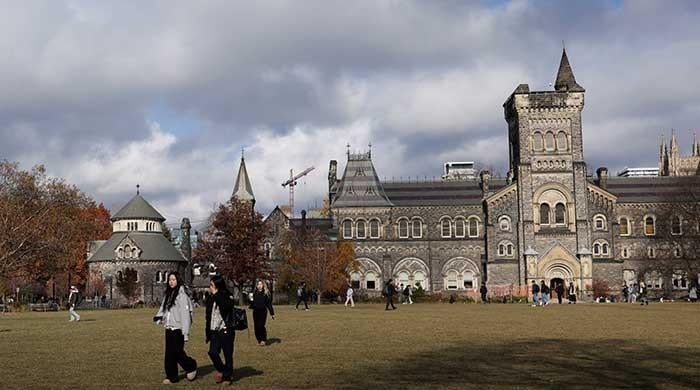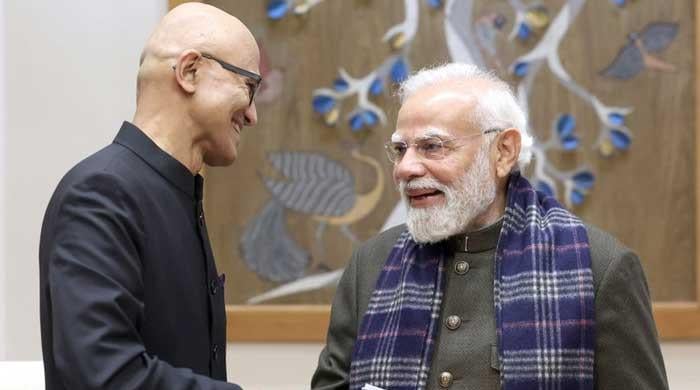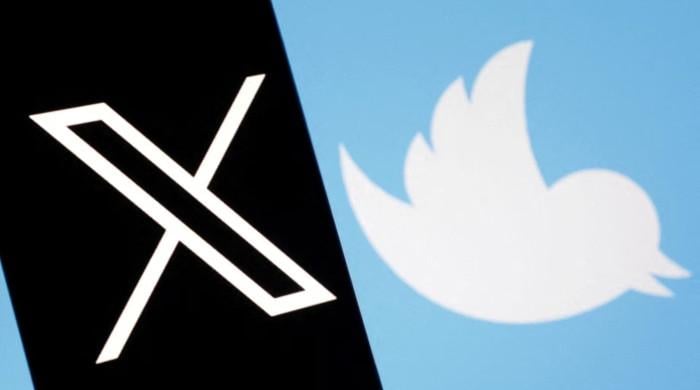Euclid finds trillions of orphans in deep space
The newly discovered stars are lurking outside of their hosts and filling the gaps
May 29, 2024
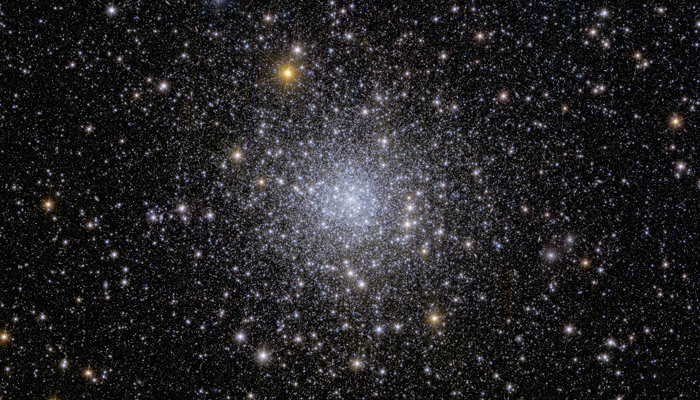
European Space Agency’s dark matter probe Euclid is not ceasing to amaze astronomers as it has made a new discovery of trillions of orphan stars lurking in one of the largest celestial clusters millions of light-years away, according to research published in arXiv.
The newly discovered stars are lurking outside of their hosts and filling the gaps — also called intraclusters — existing between the Perseus cluster, as heavy as 650 trillion suns. This area is much darker than the night sky.
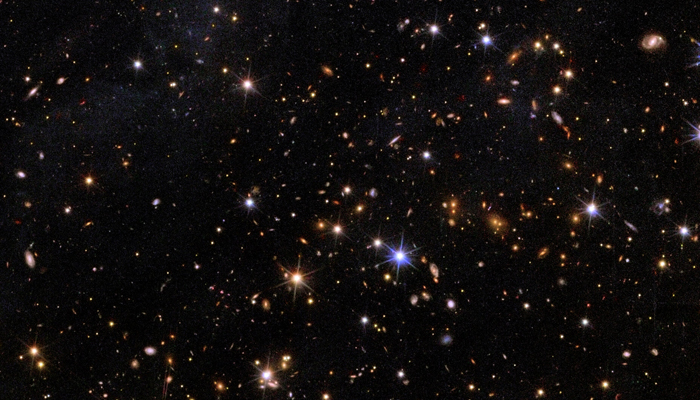
The faint light was also observed coming from these intraclusters, and scientists are now trying to trace the origins of that emission and the orphan stars, with the help of Euclid.
In a statement, team leader and University of Nottingham scientist Nina Hatch said: "We were surprised by our ability to see so far into the outer regions of the cluster and discern the subtle colours of this light."
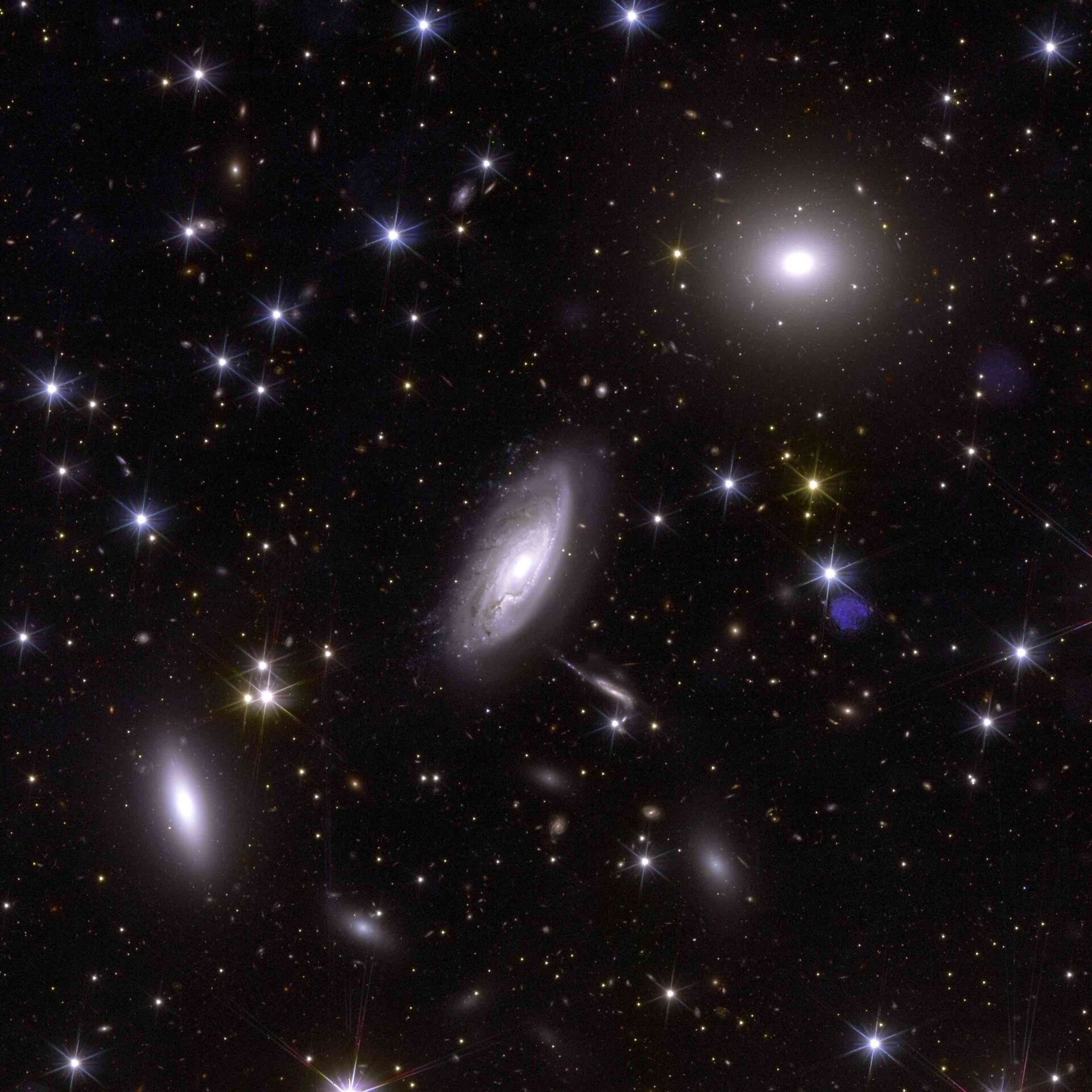
"This light can help us map dark matter if we understand where the intracluster stars came from. By studying their colours, luminosity, and configurations, we found they originated from small galaxies."
The ESA’s probe was launched into space on Elon Musk’s Falcon 9 rocket on July 1, last year.
The probe is aimed to study dark matter and dark energy, the mysterious forces in space that bind and expand galaxies.





